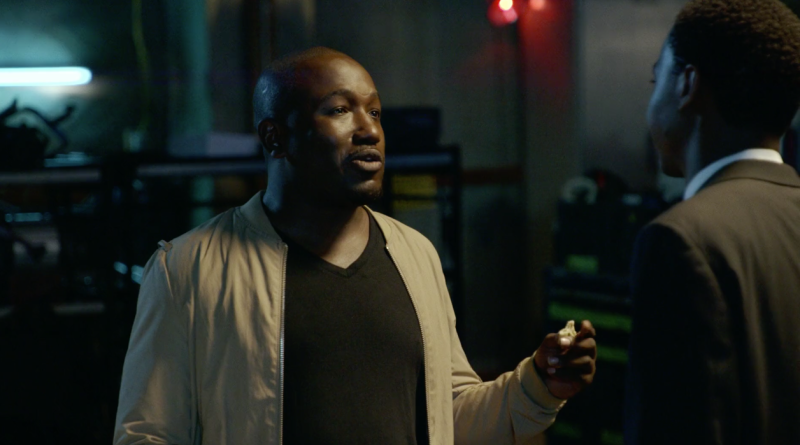

Such employers may consider spelling out why moonlighting is a bad idea. The stakes are higher for both employers and employees if the moonlighting workers have noncompete, confidentiality or trade-secret agreements with primary employers. Employees owe their employers loyalty, meaning they cannot violate confidences or take advantage of proprietary or secret information in order to moonlight. If the worker is moonlighting for a competitor, all kinds of issues can arise. Such immediate availability requirements may make moonlighting at another job impractical for workers, and especially problematic for their employers.Īnother concern is whether the moonlighting may violate employees’ duty of loyalty to their primary employers. Sometimes there is a requirement that certain employees carry beepers or cell phones in order to be available on call on certain days, especially weekends. Examples would be emergency, medical, repair or safety personnel. Employers may lawfully prohibit or severely limit moonlighting, especially if the jobs are safety- or production-sensitive and response times to unscheduled work are critical. Many employers insist that their employees’ true commitments be to their full-time and primary jobs. Moonlighting employees are particularly attractive and affordable for short-term and unusual projects and work such as inventory, month-end or seasonal rushes, and annual maintenance. Moonlighting employees also are less likely to qualify for such benefits as medical insurance or retirement because some other employer may be providing them. Moonlighters tend to be cheaper and more flexible than regular full-time employees, who may be earning expensive overtime wages. Some employers welcome moonlighting-when they’re the ones doing the hiring. If that happens, primary employers are within their legal rights to terminate employees because moonlighting is hurting performance, dependability and attentiveness. Employees sometime perform mediocre work at all their jobs, instead of excellent work at the day jobs that are their primary livelihoods. Fatigue, transportation glitches, lack of sleep and poor attentiveness can become issues. If employees are hustling and juggling to take care of multiple jobs, sometimes things slip. From employers’ point of view, the expectation is that employees will show up “present, prompt and prepared,” as one of my law professors used to say. Moonlighting can be a challenge for both employees and employers. But moonlighting is not an employee’s protected legal right. Moonlighting in second, third or even more jobs may be the American way, especially in tough economic times with increasing unemployment, declining benefits and shrinking work hours.


 0 kommentar(er)
0 kommentar(er)
